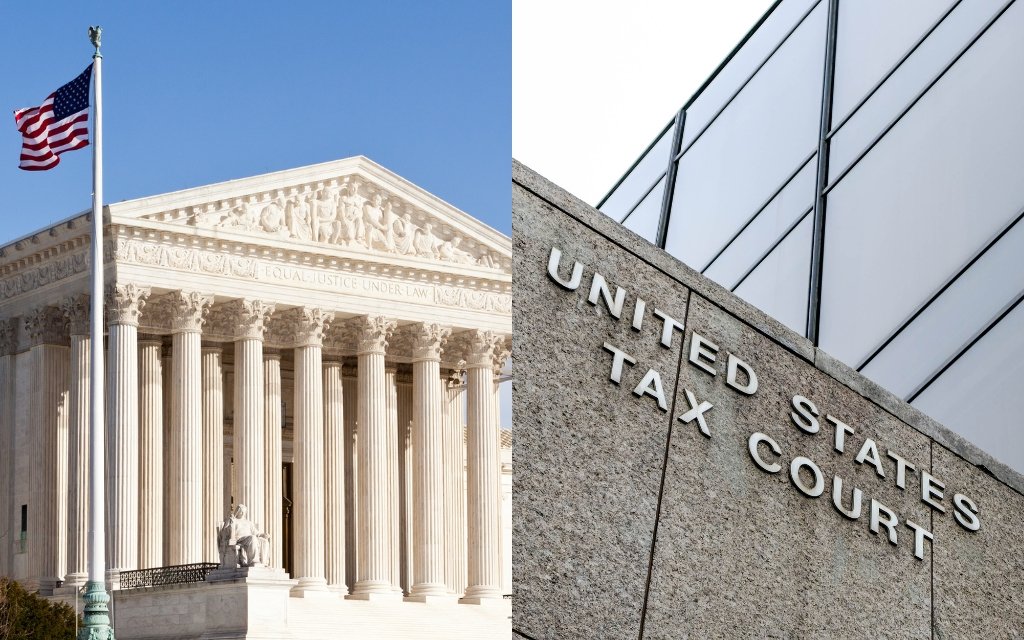This book will help you fully understand what are the position roles for appellate court—including judges, clerks, and lawyers.
Welcome to this in-depth investigation of “What are the position roles for appellate court,” a sometimes ignored but fascinating legal topic. You are in the right place if you have ever wondered how appellate courts operate, who does what, or maybe wanted to look at a career in this field. Stay with me; I promise to lay it all down in plain English—and even add some personal comments from my own experience negotiating the judicial system.
Table of Contents
Appellate Courts: The Whole View
Before we enter the tasks and responsibilities, let us momentarily enlarge to better understand what appellate courts are and what they do. Appellate courts, simply define, interpret, and expand the law for the next cases and review and correct errors done in subordinate courts. Think of them as the court system’s editors; they check earlier rulings to ensure everything was done lawfully and fairly instead of conducting trials.
Imagine now you are writing an essay. This will assist you to realize that this could sound really dry. You, in constructing the essay, are the trial court. The appellate court looks over your document for mistakes and offers suggestions to your friend or teacher. Should you make a major error, they draw attention to it and forward it back to you to either, in some cases, allow for correction for you. Appellate courts for the legal system do basically this.
Definition of Appeal in Legal System
Let us stop briefly to define appeals. The definition of appeal in court is the official request a party makes to a higher court asking them to review and perhaps reverse a decision made by a lower court. It is a question of whether the law was followed instead of a retrial.
Stated another, an appeal is like asking, “Hey, I think something went wrong here—can we take another look?” It is absolutely basic in the court system and guarantees fair application of justice.
What Are the Job Position Roles for Appellate Court?

Let us now get directly to the point: What Are the Job Position Roles for Appellate Court? Appellate courts feature several significant players who individually help to guarantee the system runs as it should. I will list below these positions together with their goals and importance.
1. Decisionmakers: Justices/appellate judges
On the hierarchy, justices or appellate judges occupy the highest position. Whether you deal with state or federal appellate courts, they are the ones that review the cases and issue conclusions at last. Unlike trial judges, they give the legal concerns first priority instead of considering evidence or hearing witnesses.
Their Participation:
Like this: Similar Example relevant
See appellate judges as game officials, the refs. They guarantee the rules are followed and respond when something seems amiss even though they do not play the game.
2. The Research Wizards: Clerks of Laws
Many times, young law school graduates are legal clerks closely assisting judges in case preparation. Early in my career, I was amazed by the degree of responsibility law clerks bore when I met them on a court tour. The unrecognized heroes of the appellate world are these folks.
Their efforts include:
Individual Viewpoint:
I once asked a law clerk about her handling of the load. Their responses are “Coffee and Passion for the Law!” Their enormous indispensable value results from that level of dedication.
3. Administrative Supportive Base: Court Clerks
Every appellate court has a clerk of court, the administrative chief. If judges make decisions, clerks are the ones making sure behind-the-scenes operations go smoothly.
Their involvement is:
4. Brief Reviewers: The Gatekeepers
Sometimes kept in the Clerk’s office, short reviews examine the Gatekeepers’ records sent to the court meticulously. Here is the domain where small details count most.
Their acts:
Analogy:
Imagine approaching a contest with an essay. Before you deliver your essay to the judges, the quick reviews help you to organize it so that it follows formatting rules and word count.
5. Opinion Preparers: The Writers
Usually, law clerks or legal assistants, the opinion preparers of the writers support the official court opinion drafting after a ruling.
What They Do:
6. Sanctions Monitors: The Enforcers
Sanctions monitors guarantee correct recording and use of any fines or penalties the court imposes. Though it sounds little, this is what keeps the legal system honest.
Their involvement:
What Are the Position Roles for Appellate Court Petition?
Regarding appeals court petitions, the goals above remain essentially the same but with an eye toward the specific petition process. Under these conditions, the court is supposed to decide whether or not to review a matter. For example, the U.S. Supreme Court reviews just a fraction of the hundreds of petitions received each year. First reviewing these petitions comes first in the process and is really essential.
Federal Appellate Courts vs. State Appellate Courts

Although state and federal appellate courts have comparable duties, their degree and complexity could differ.
For example, federal appellate courts are much more important since they can handle problems with worldwide consequences.
My Path to Know Appellate Courts
Allow me to quickly tell you a story. A few years ago, I was gathering material for a case headed for an appellate court. The sheer volume of the regulations and processes required staggered me. But things started to connect as I sank farther into the roles the others held. From the preliminary tests to the judges, I came to see that everyone—including each other—was absolutely essential in guaranteeing justice was carried out. That exchange gave the appellate system fresh respect.
Why This Is So Critically Important
Understanding what are the job position roles for appellate court is not just an intellectual but also a pragmatic that assists one. Whether your involvement in a case is that of a law student, curious citizen, or both, knowing who does what helps demystify the process and reduce the terror element.
FAQs
1. What role do appellate courts play?
Mostly serving two purposes, appellate courts:
2. What are the job positions in appellate courts, and what do they do?
Key positions in appellate courts include:
3. In what ways do federal and state appellate courts differ?
Federal appellate courts hear cases involving federal law, constitutional concerns, and conflicts between states or parties from many states. Its power is more broad, and its choices usually affect the country.
On the other hand, state appellate courts generally review disputes involving state laws and concerns. Though their decisions are legally binding within their state, they frequently have little impact on circumstances outside of their jurisdiction unless surrounding states adopt them as persuasive authority.
4. How best do appellate court clerks complement the petition process?
Appellate court clerks are quite important in the petition process when handling the administrative side of case files. They:
Particularly in cases like those before the U.S. Supreme Court, where only a small portion is given review, clerks in federal appellate courts may manage the overwhelming number of petitions.
Final Thoughts
You therefore have here a thorough study at what are the position roles for appellate court together with their importance. From the judges choosing what to do to the clerks ensuring everything runs well to the law clerks managing the heavy work behind the scenes, every position is crucial. Remember too that appellate courts are there to ensure justice, fairness, and proper legal application should you ever be in a position to interact with one.
Your experience with appellate courts is special; is there anything you would like knowledge about that I did not cover? Tell me in the comments; I would absolutely love to hear from you!
Additional Resources
If you’re eager to learn more, here are some excellent resources to check out:


